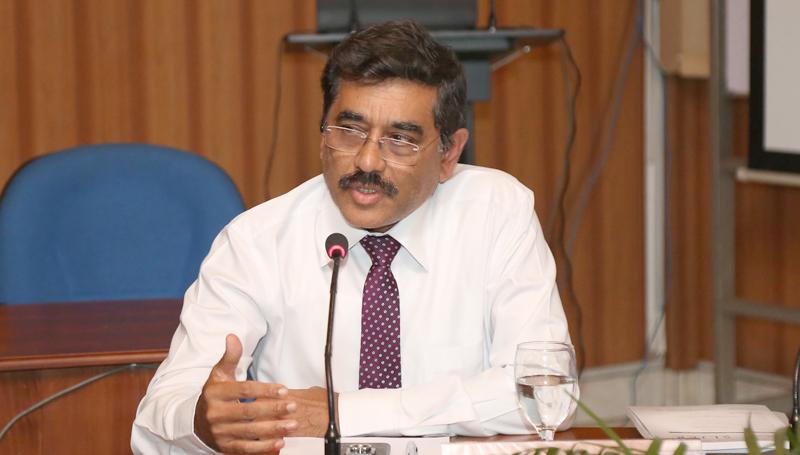
The Cabinet has given the approval for the new Monetary Law Act which is at the draft stage at present and it will be presented to the Parliament in January next year, Senior Deputy Governor Central Bank of Sri Lanka Dr. Nandalal Weerasinghe said.
The Act when implemented will strengthen the fiscal rules in operation currently and it will also help better monetary and fiscal coordination which is an important factor in external sector performance, he said, at the sidelines of an awareness program held for journalists in Colombo last week. The Monetary Law Act needed to be amended to incorporate the changing needs of the fiscal and monetary regulations.
Sri Lanka will receive the fourth tranche of the IMF Extended Fund facility. The Board met last Friday to make the decision.
“The IMF funding will be utilised for the repayment of borrowings and other specific requirements that were pre-determined. It is important that the country receives the IMF endorsement for its fiscal consolidation.
As the Central Bank is moving from a a monetary policy targeting regime to inflation targeting regime there are a few adjustments necessary,” he said.
In order to maintain stable growth and inflation, the key instruments are interest rates and inflation. The right inflation rate for emerging economies such as Sri Lanka is 5%. The mid single digit inflation would have some anchoring in expectations. There should be an in-built mechanism to control inflation.
“The aim of the flexi inflation targeting is low and stable inflation. As the Central Bank is an independent authority, it has the ability to implement inflation targets. The political environment is not a drawback in this regard,” Dr. Weerasinghe said.
The CB will take measures to narrow the inflation band and to maintain the rate between 4 to 6 percent on year-on-year basis. It has maintained this rate for the last 112 months and is confident that the continuous low regime could be maintained in the long run, he said.
